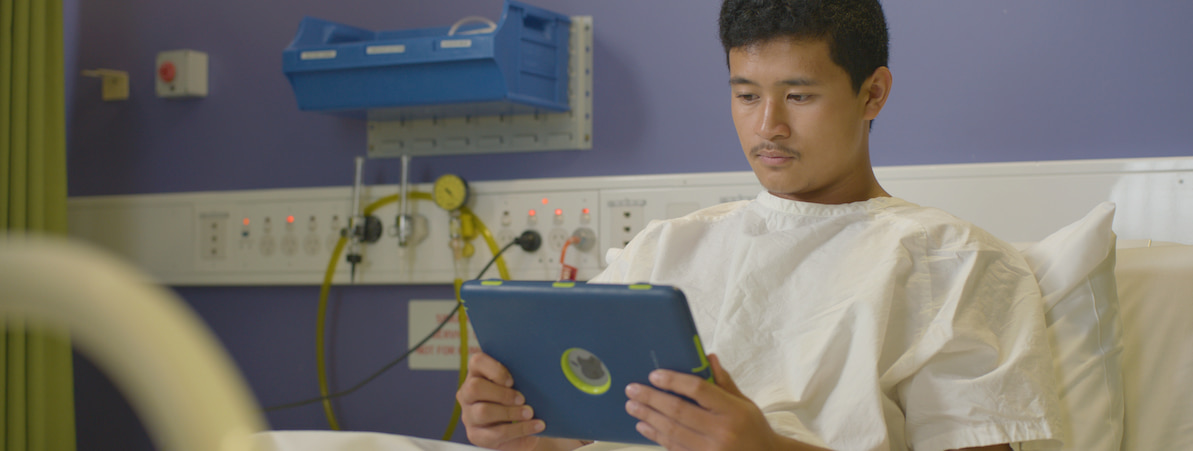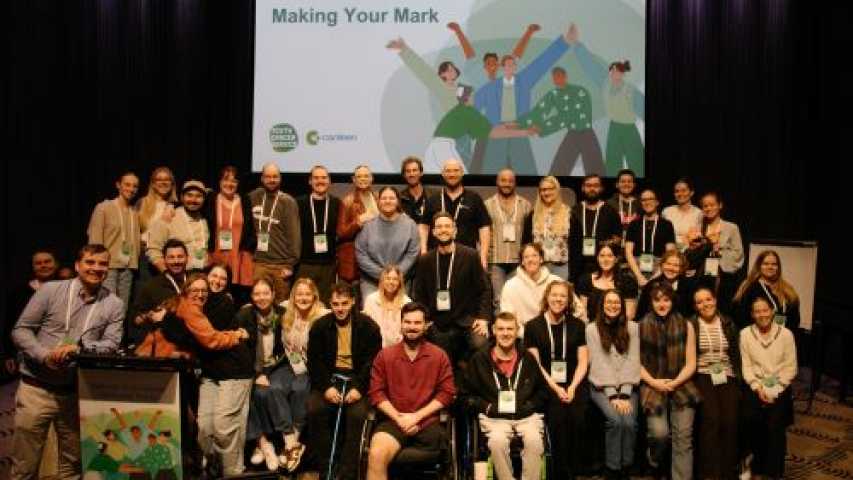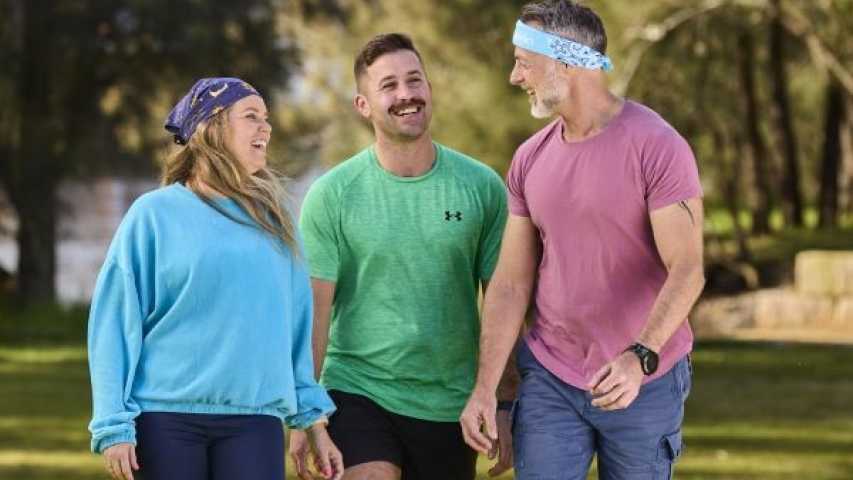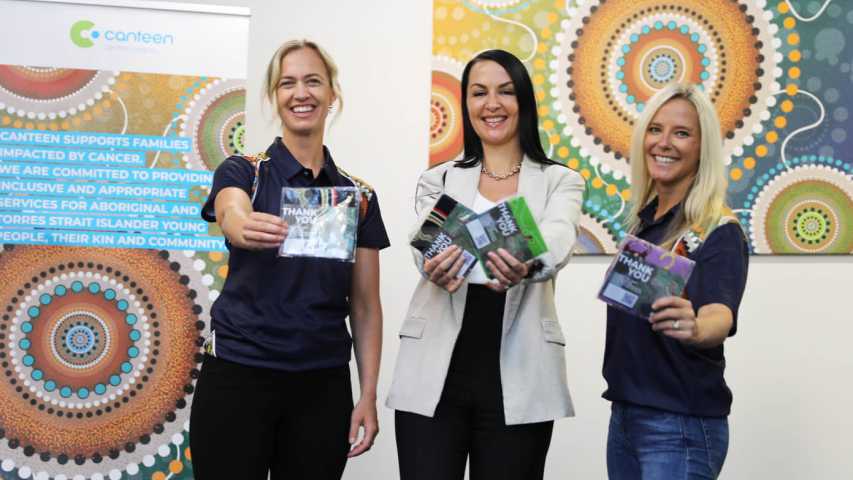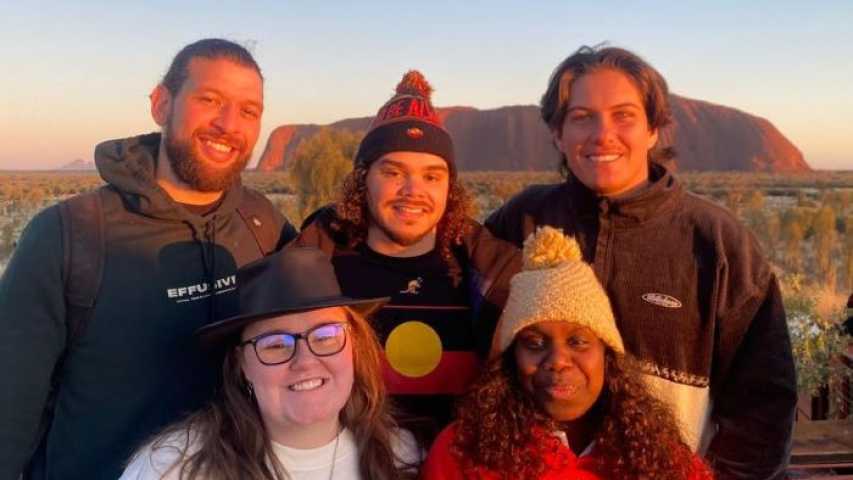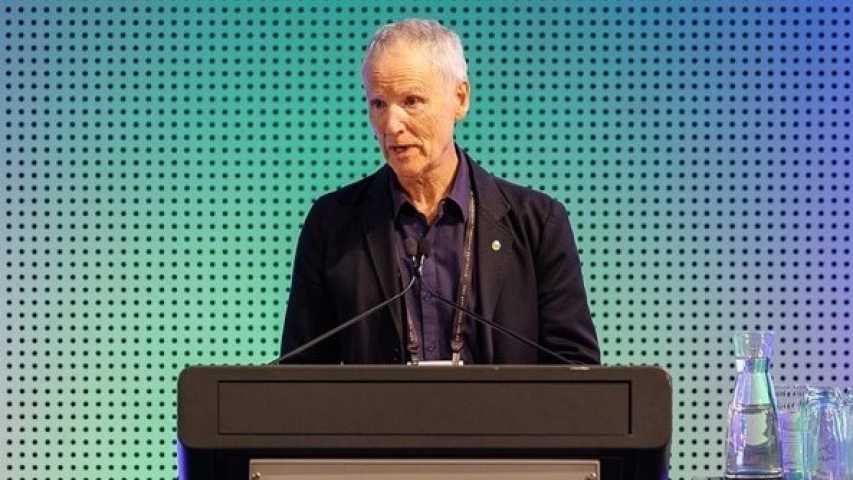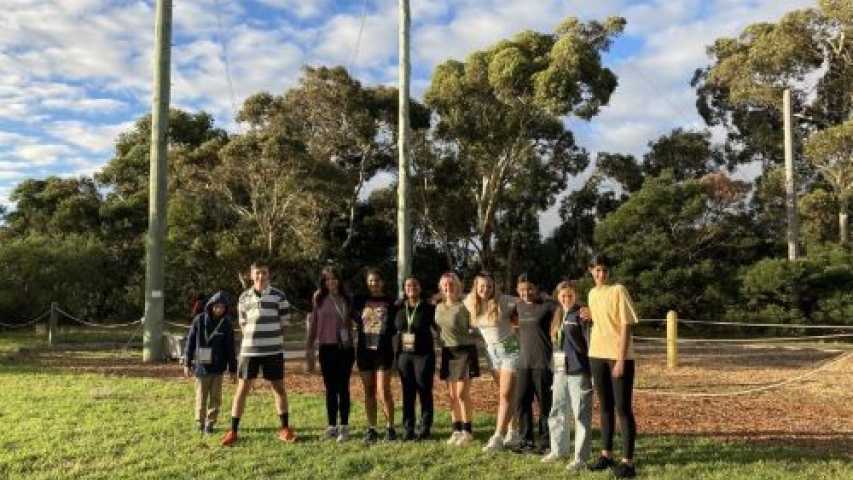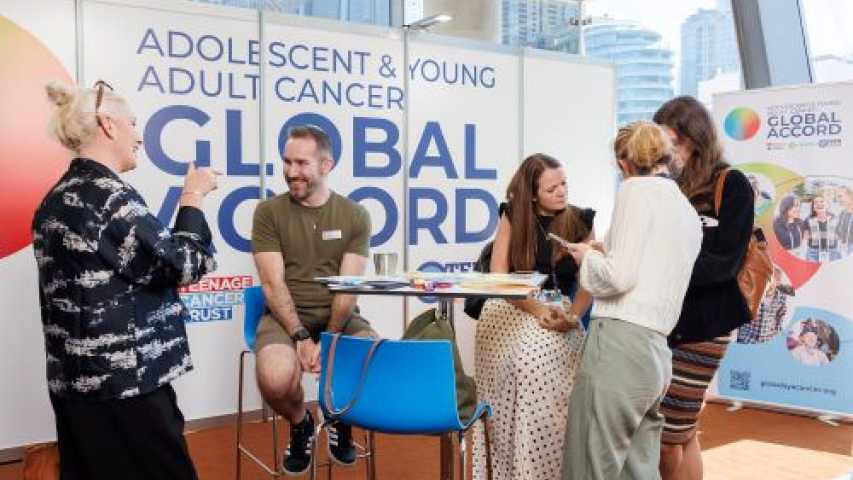The launch of the new Australian Cancer Plan (the Plan) yesterday is an exciting milestone for cancer care in Australia. This is a once in a generation opportunity to improve experiences and outcomes for people affected by cancer.
Adolescents and young adults (AYA) are identified as a priority group with unique characteristics and needs. The Plan includes a number of specific actions to improve outcomes and experiences for young people.
We are delighted to see the synergies with AYA Vision 2033, the national strategic document designed to guide the prioritisation and implementation of key initiatives for Australian adolescent and young adult (AYA) cancer care over the next decade.
Together with AYA Vision 2033, the new Australian Cancer Plan creates a comprehensive framework for addressing the specific needs of young cancer patients and their families and offers opportunities for collaboration to improve outcomes for this vulnerable population over the next decade. It plays a pivotal role in shaping the landscape of cancer care and support in Australia, benefiting adolescents and young adults and the entire cancer community.
The Plan has been developed with extensive input from stakeholders across the cancer care sector. Our submissions during development of the Plan highlighted the need for improvement in some key areas that affect outcomes and experiences for young people and their families. We are pleased to see many of our recommendations incorporated into this plan, including:
- A national AYA Optimal Care Pathway: optimal care pathways are a framework for the delivery of consistent, safe, high-quality and evidence-based care for people with cancer. The Plan promotes optimal care pathways, such as the Optimal Care Pathway for Adolescents and Young Adults with Cancer, as the national standard for AYA cancer care.
- Integrated care navigation models: an important goal of the Plan is to evaluate, adapt and scale nationally integrated care navigation models and achieve equitable access to personalised models of cancer care navigation within 5 years. At Canteen we know that navigation support is particularly important for AYA to support key transitions, including from paediatric to AYA or adult services, from dependence on parents to autonomy and managing their own healthcare, and from acute care to community care and survivorship. Navigation support is also essential for young people who have a parent or sibling diagnosed with cancer or who has tragically passed from the disease. They are so often the forgotten ones, but are at significant risk of mental health issues, as they are up to six times more likely than the average young person to experience clinically high levels of distress. Peer navigators, such as those young people on Canteen Connect (online community for all cancer affected young people), can be particularly helpful for young people who value advice and support from peers who ‘get it’. For families accessing Cancer Hub, our Cancer Navigators and Online Counsellors are a valuable resource, providing practical and emotional support and coordination. Effective navigation models will be multidisciplinary, family and carer inclusive, culturally and socially responsive and codesigned with consumers.
- Survivorship models of care: the Plan aims to improve the survivorship experiences of cancer for adolescents and young adults through integration of inclusive survivorship models of care. Effective survivorship models of care will include navigation, supported transition to primary and community care, and specialised education and training to healthcare providers to understand the current and future needs of AYA.
- Genomics: genomic testing is vital for tailoring treatment plans to tackle the poorer survival rates for AYA cancers such as sarcoma, leukaemia and brain cancer. This genomic information is critical to maximising the effectiveness of therapies and minimising side effects. It enables precision medicine, improving the overall outcomes and quality of life for AYA cancer patients. The Australian Cancer Plan makes a commitment to developing a policy framework for genomics in cancer control and the framework will include direction on engagement with AYA and their families on the importance of genetic screening for predicting future disease status and susceptibility to certain cancers.
- Data: Continued efforts to strengthen national data linkage, and reporting of data that relates to cancer stage, treatments and recurrence of cancer at the national level. Cancer in young Australians is rare and national datasets are essential for understanding cancer and better supporting young people throughout the cancer continuum.
- First Nations: A strong focus on equity, social justice and closing the gap for Aboriginal and Torres Strait Islander people. Achieving equity for First Nations people is an urgent priority. At Canteen we are committed to equity, reconciliation, diversity and inclusion. We applaud this strong focus in the Australian Cancer Plan and commitment across the cancer care sector to achieving equitable cancer outcomes for all Australians.
We are proud to have contributed to the development of the Plan. Congratulations to Cancer Australia for the successful co-design, development and launch of the Plan.
Effective implementation will be shared responsibility across the entire cancer care sector. We look forward to working in genuine partnerships across the sector to get the best outcomes for people impacted by cancer and amplifying the voices of young people and families at every opportunity.




